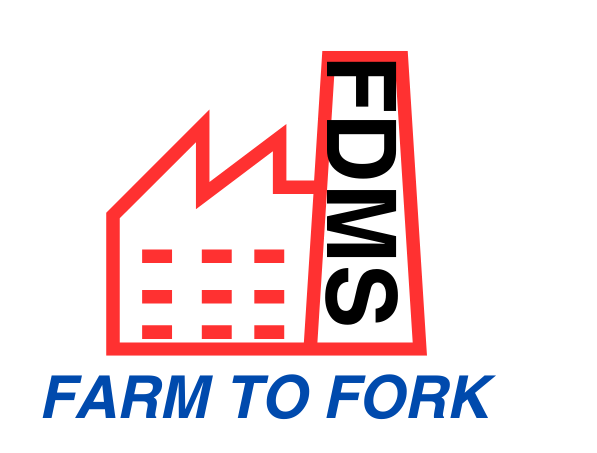The United Kingdom boasts a robust and innovative food science industry, and it’s clear why many are drawn to this field. It’s a sector where science meets creativity, promising a career at the forefront of developing healthier, safer, and more sustainable food products. I’m here to help you understand what it takes to break into this exciting industry.
If you’re aiming for a career in food science, it typically starts with a solid educational foundation. Seek out degrees in food science, nutrition, microbiology, or chemistry. Many universities in the UK offer specialised programs tailored to the intricacies of food science, combining theoretical study with practical lab work.
But education isn’t just about earning a diploma; it’s about building a toolkit of skills. As a food scientist, analytical thinking, problem solving, and a thorough understanding of food safety and quality are indispensable. Alongside your degree, enhance your skill set with additional knowledge in areas like sensory evaluation and product development.

Standing out from the crowd can be a game-changer. Gaining expertise in globally recognized food safety and quality management systems, such as HACCP or ISO standards, can give your resume the boost it needs. These qualifications are often sought after by employers to ensure their teams are versed in industry best practices.
In my opinion, by combining a keen scientific mind with the proper credentials, you’re well on your way to a fruitful career in the UK’s food science sector. But remember, it’s not just about what you know; it’s also about what you’re worth. So, in the next section, let’s talk about the financial aspects—salaries, and how to negotiate them—because they are just as vital to your career journey.
The Financial Flavour: Understanding Food Science Salaries in the UK
Salaries in the food science sector can be as varied as the flavors you’d find in a gourmet kitchen. If you’re just starting, you might be wondering what kind of income you can expect. Let’s break it down. In the UK, the salary for an entry-level food scientist usually starts at around £20,000 to £25,000. With more experience and specialised skills, this can rise substantially.
But it’s not just about years on the job. Your location in the UK can be a real game-changer for how much you take home. Typically, larger cities like London might offer higher salaries than rural areas, reflecting the cost of living. The type of employer matters, too. If you work for a multinational company, your salary might be higher compared to working for a small, local business.
You’re probably thinking about how to negotiate your salary. Well, it’s crucial you’re informed. Before you walk into an interview, arm yourself with information about average salaries for the role you’re aiming for. Websites like Glassdoor and Payscale can help you with that. And don’t shy away from negotiating. Your skills are valuable, and companies often expect some back-and-forth on salary.
What’s the long game look like for a food scientist’s salary in the UK? As the food and drink industry continues to innovate, skilled professionals will be in demand. This means there’s potential for salary growth, especially if you keep up with the latest industry trends and regulations. Investing in continuing education and additional qualifications can set you up for success and, ultimately, a higher salary band.
On the Job: Roles and Experience Required for Food Scientists in the UK
Food science offers a buffet of career options, which means there’s a role to suit your specific skills and interests. You could be innovating the next generation of food products as a Product Development Scientist, safeguarding public health as a Quality Assurance Manager, or ensuring regulatory compliance as a Food Technologist.
No matter which path you choose, climbing the career ladder often depends on your experience. Entry-level roles may require less hands-on experience, but as you aim for more senior positions, employers typically look for a proven track record in the industry. Think along the lines of managing teams, spearheading projects, or showing expertise in a specialised area.
It’s not just about the experience you’ve racked up either; it’s how you’ve applied it. Displaying a portfolio of successful projects can speak volumes to potential employers. They’re going to be interested in your problem-solving skills, your innovative ideas, and your ability to adapt to new challenges.
To give you an idea of what’s possible, let’s look at a few success stories. Picture someone who started out as a Graduate Food Scientist and, within several years through networking, continuous learning, and a knack for innovation, advanced to a Senior Food Scientist role. Then there’s the Laboratory Technician who learned the ropes and climbed steadily to become a Quality Control Manager.
You can always adjust your approach down the road, but starting with a clear plan and being open to new experiences will be key. The food science field is always evolving, and staying on top of current trends, tech advances, and consumer expectations is a recipe for a rewarding career.

